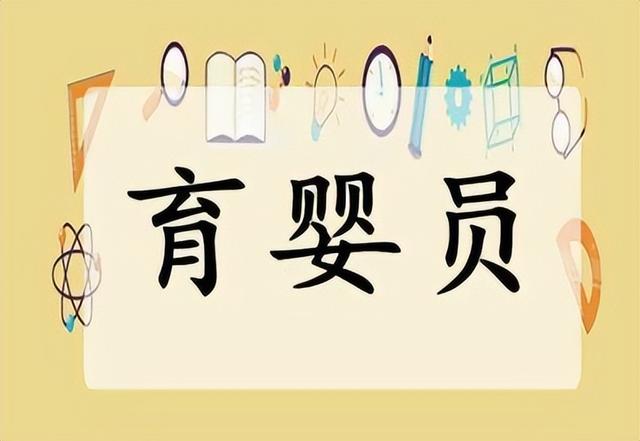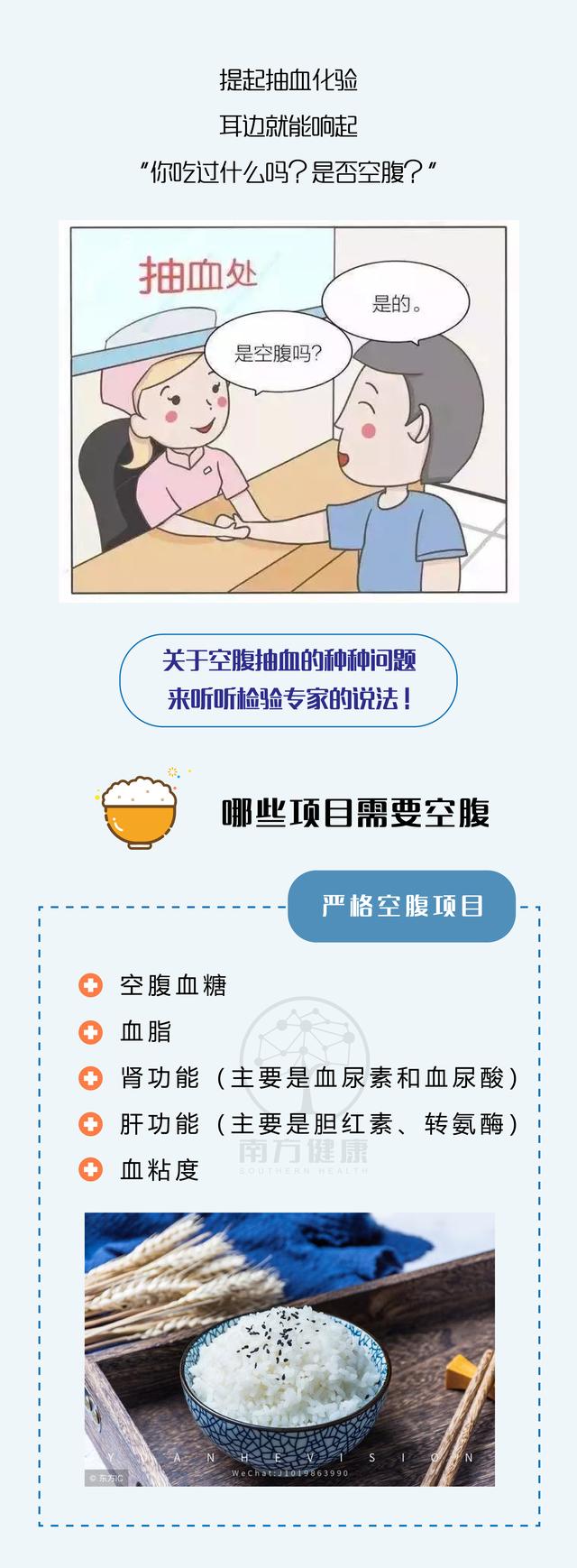仁爱版九年级英语单词unit2topic2(仁爱英语九年级下册Unit)
仁爱英语九年级下册单词拓展Unit 5 Topic 1,现在小编就来说说关于仁爱版九年级英语单词unit2topic2?下面内容希望能帮助到你,我们来一起看看吧!

仁爱版九年级英语单词unit2topic2
仁爱英语九年级下册单词拓展
Unit 5 Topic 1
1. attract
attract(动词),意为“吸引,引起......的好感(或爱慕)”。
【拓展】attraction(名词),意为“有吸引力的人或事物”。
attractive(形容词),意为“迷人的;有吸引力的”。
attractive to 意为“对......有吸引力”。
e.g. Guilin is attractive to people around the world.
桂林对世界各地的人具有吸引力。
2. a great number of
a number of意为“许多,大量”。相当于some/many,后接可数名词复数,谓语用复数。number前常用large,great,small等词修饰,表示程度。
e.g. A number of students in this class are here.
这个班一些学生已经到了。
【拓展】the number of意为“......的数量”,后接复数名词,但谓语用单数,因为number是主语。
e.g. The number of the students in this class is fifty.
这个班学生的数量是50。
3. fetch
fetch(动词),意为“(去)拿来;(去)请来”。
e.g. Can you fetch me some paper?
你能给我拿些纸来吗?
4. introduce
introduce(动词),意为“介绍,引见”。常用短语为:
① introduce sb./sth. to sb. 意为“向某人介绍某人/某物”。
e.g. Let me introduce my friend to you.
让我给你介绍一下我的朋友。
Please let me introduce this machine to you.
请让我向你介绍一下这台机器。
② introduce oneself to sb. 意为“(向某人作)自我介绍”。
e.g. Permit me to introduce myself.
请允许我介绍我自己。
【拓展】introduction(名词),意为“介绍;引进”。
5. detail
detail(名词),意为“详情;全部细节”。
【拓展】detailed(形容词),意为“详细的”。
6. strange
strange(形容词),意为“奇怪的;陌生的”。
【拓展】stranger(可数名词),意为“陌生人;异乡人,外地人,新来者”。
7. pine
pine(名词),意为“松树”。
【拓展】pineapple(可数名词),意为“菠萝”。
8. lie in
lie in意为“位于”。
【辨析】lie in/to/on
① lie in 表示一个地方在另一个地方内部。
e.g. Guangdong lies in the South of China. 广东位于中国的南部。
② lie to 表示两个地方不接壤。
e.g. Beijing lies to the Northwest of Shanghai. 北京位于上海的西北部。
③ lie on表示两个地方接壤。
e.g. North Korea lies on China. 朝鲜与中国接壤。
【拓展】
单词
词性
词义
过去式
过去分词
现在分词
lie
动词
躺;位于
lay
lain
lying
说谎
lied
lied
lying
lay
动词
放置;下蛋
laid
laid
laying
lie
名词
谎言
e.g. Please lie down for a rest. 请躺下休息一会儿。
Don't lie to others. 不要对别人撒谎。
The hen doesn't lay eggs now. 这只母鸡现在不下蛋了。
The boy never tells a lie. 这个男孩从不撒谎。
9. length
length(不可数名词),意为“长,长度”。其形容词形式为long,意为“长的”。
e.g. What is the length of the river?这条河有多长?
10. waterfall
waterfall(可数名词),意为“瀑布”。
【拓展】watermelon(可数名词),意为“西瓜”。
11. height
height(不可数名词),意为“高度”。其形容词形式为high,意为“高的”。
e.g. What is the height of the building? 这座建筑物的高度是多少?
PS:询问某人的身高或某物的高度是多少,常用what,而不用how much或how many。
【拓展】height可与介词in连用,常用于描述某人或某物高度的句子,其结构为:
sb. be 数字 meters/feet in height,此时,in height相当于形容词tall。
e.g. He is two meters in height.(= He is two meters tall)
他身高两米。
12. grand
grand(形容词),意为“壮丽的;堂皇的”。相当于wonderful。
13. imperial
imperial(形容词),意为“皇帝的;帝国的”。
14. carve
carve(动词),意为“刻,雕刻”。
【拓展】carver(可数名词),意为“雕刻者”。
15. stone
stone(可数名词),意为“石头,石料,岩石”。
【拓展】as hard as stone意为“像石头一样硬”。
e.g. His heart is as hard as stone. 他的心像石头一样硬。
16. guard
guard(动词),意为“守卫,保卫;看守”。
e.g. The dog guarded the house. 狗看守着房子。
【拓展】guard(可数名词),意为“防卫;警戒;看守”。
e.g. The camp guards are changed every night.
营区的守卫每夜都更换。
17. heaven
heaven(名词),意为“天堂”。
Heaven上帝
18. comment
comment(动词),意为“作评论”。
comment(可数名词),意为“评论”。
19. responsibility
responsibility(名词),意为“责任,责任心”。
【拓展】responsible(形容词),意为“负责的,有责任的”。
be responsible to 意为“对......负责”。
e.g. He is responsible to me for it. 这件事上他对我负责。
20. gradually
gradually(副词),意为“逐步地,逐渐地”。
【拓展】gradual(形容词),意为“逐渐的;逐步的”。相当于progressive。
21. marble
marble(名词),意为“大理石”。
22. entire
entire(形容词),意为“整个的;全部的”。
【辨析】entire,whole,complete和total表“全部的”
① entire与whole作“全部的”讲时可互换,但whole在日常语言中远比entire用得多。
e.g. The people’s government has the support of the entire(whole)population.
人民政府得到全民的支持。
② complete“完全的”,表示所有的部分都完整无缺,往往用于一项程序的完结。
e.g. Do you have a complete set of Shakespeare’s plays?
你有整套的莎士比亚的戏剧集吗?
③ total“全部的”,主要用于表示金额、量或程度,含有强烈的计算意味。
e.g. His total income is 2000 yuan a month.
他一个月的收入是两千元。
④ whole不能指程度而entire,complete与total可以。
e.g. It's a total/complete/an entire failure. 此事彻底失败了。
23. branch
branch(可数名词),意为“(树)枝;部门,分支”。
24. construction
construction(名词),意为“建筑(物)”。
【拓展】construct(动词),意为“构筑;建造”。相当于build。
e.g. We constructed two apartment buildings.
我们建了两座住宅楼。
25. state
state(名词),意为“国家;州;政府;状态”。
【辨析】“国家”种种
country,nation,state这三个词都表示“国家”。但有区别:
① country侧重疆土。
e.g. He has been to many African countries.
他去过许多非洲国家。
② nation侧重“人民”。
e.g. Each nation has a flag of its own.
每个国家都有自己的国旗。
③ state侧重“政权”。
e.g. a head of state 国家元首
state(动词),意为“说明;陈述”。
【拓展】statement(名词),意为“陈述;声明”。
stateman(可数名词),意为“政治家”。
26. remain
remain(动词),意为“剩余,遗留;逗留”。
e.g. A few pears remain on the trees. 树上还留有几个梨。
She remained in her office all afternoon.
她整个下午都待在办公室里。
【拓展】remain用作连系动词时,意为“保持;仍是”,后接形容词、名词、动名词。
e.g. The room remains cool all summer.
这个房间整个夏天都保持凉爽。
She remained sitting when they came in.
他们进来时,她仍然坐着。
27. brick
brick(可数名词),意为“砖,砖块”。
28. separate
separate(动词),意为“(使)分开,分离”。常用短语为:
separate from意为“与......分离,分开”。
e.g. Please separate the white shirts from the black ones.
请把白色衬衫与黑色衬衫分开。
【拓展】separate(形容词),意为“单独的,独自的”。
e.g. The children sleep in separate beds.
孩子们睡在各自的床上。
【辨析】separate from与divide into
① separate指把原来连在一起或靠近的物体“分隔开来”,常与from搭配。
e.g. The fence separates the garden from the yard.
围栏把花园与院子分隔开了。
② divide指把整体“划分”成若干份,常与into连用。
e.g. The apple is divided into two parts.
这个苹果被分成了两部分。
29. enemy
enemy(可数名词),意为“敌人;反对者”。反义词为friend。
30. expect
expect(动词),意为“预料,预期;期待,盼望”。后接名词、代词、动词不定式或从句。常用短语为:
① expect to do sth.意为“期待做某事”。
② expect sb. to do sth.意为“期待某人做某事”。
e.g. I expect a letter from my family. 我期待一封家书。
She expects to come back next week. 她预计下周回来。
I expect you to do your study. 我期望你能尽职尽责。
I expected that I will be back on Sunday. 我预计星期天回来。
③ be expected to do sth. 意为“(某人)被期望做某事”。相当于be supposed to do sth. 。
e.g. You are expected to get good grades this term.
本学期你应该取得好成绩。
31. treasure
treasure(名词),意为“财富;珠宝”,通常用作不可数名词;意为“珍品;珍宝;贵重物品”时,为可数名词。
e.g. They didn't find the treasure of the wrecked ship.
他们没有找到那艘遇难船上的宝物。
The museum has lots of art treasures.
这家博物馆藏有很多艺术珍宝。
33. civilization
civilization(名词),意为“文明,开化”。
【拓展】civilian(名词),意为“平民;老百姓”。
civil(形容词),意为“国内的;平民的;民用的”。
34. suppose
suppose(动词),意为“假定,假设;推断”。其后接宾语从句。
“I/We suppose that从句”;
否定结构为:“I/We don't suppose that从句(肯定形式)”
e.g. I suppose that it is his fault. 我认为那是他的过错。
I don't suppose that it is his fault. 我认为那不是他的过错。
【拓展】当主句为一般现在时,谓语动词是think,believe,suppose,imagine,guess等,且主句主语为第一人称时,宾语从句的否定一般都要转移到主句上来,这种现象叫“否定前移”。
35. attraction
attraction(名词),意为“向往的地方;吸引力”。
36. major
major(形容词),意为“主要的;重大的”。
其反义词是minor,意为“次要的,轻微的”。
37. cocoa
cocoa(名词),意为“可可饮料;可可粉”。
38. porcelain
porcelain(可数名词),意为“瓷,瓷器”。
【辨析】porcelain与china
① porcelain指的是陶瓷艺术品,如花瓶。
② china指的是日用陶瓷,如碟子。
39. export
export(动词),意为“出口”。其反义词是import。
export(不可数名词),意为“出口产品;出口”。
40. mild
mild(形容词),意为“温和的;和煦的”。
【拓展】wild(形容词),意为“野生的;荒凉的”。
41. unique
unique(形容词),意为“独一无二的;独特的”。
42. include
include(动词),意为“包括,包含”。including(介词),意为“包括”。
e.g. The price includes the house and the furniture in it.
这个价格包括房子和里面的家具。
There are seven people in my family,including my grandparents.
我家有7口人,包括我的祖父母。
43. topic
topic(可数名词),意为“话题,题目”。
44. world-famous
world-famous(形容词),意为“举世闻名的”。
45. firewood
firewood(不可数名词),意为“木柴”。
46. sauce
sauce(名词),意为“酱;调味汁”。
47. vinegar
vinegar(名词),意为“醋”。
,免责声明:本文仅代表文章作者的个人观点,与本站无关。其原创性、真实性以及文中陈述文字和内容未经本站证实,对本文以及其中全部或者部分内容文字的真实性、完整性和原创性本站不作任何保证或承诺,请读者仅作参考,并自行核实相关内容。文章投诉邮箱:anhduc.ph@yahoo.com






